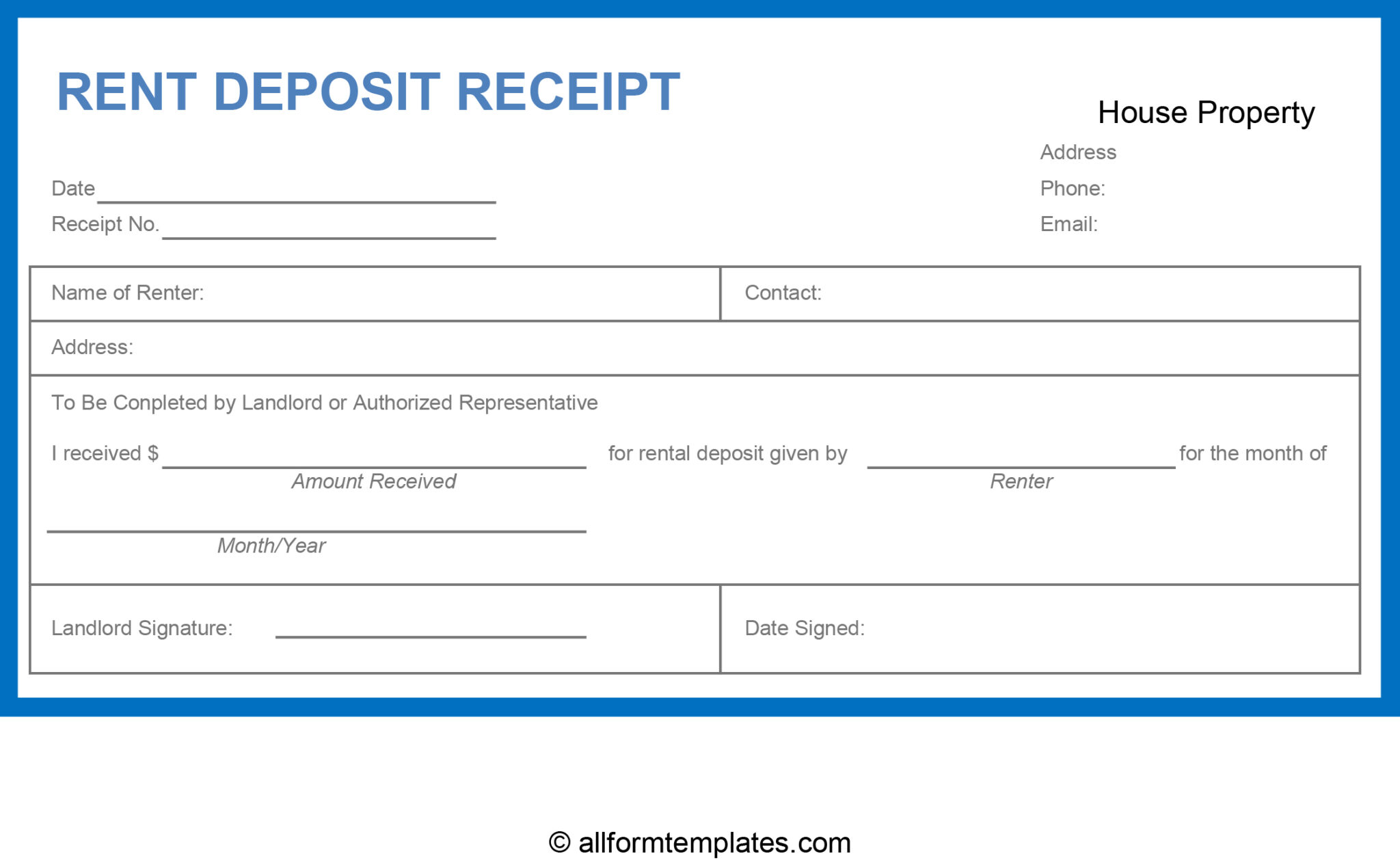

Estate claims are claims made against the estate of the Medi-Cal beneficiary after he or she dies. Liens are sometimes placed on living Medi-Cal beneficiaries’ estates to “hold” the property until the person dies. Both have been used by the State in attempts to reimburse the Medi-Cal program for payments made to beneficiaries. Can the State Put a Lien on My Home?Ĭonsumers often confuse liens and estate claims. However, if the home is still in your name when you die and if it is subject to probate under California law, it is part of your “estate” and the State may make a claim against your estate for the amount of the Medi-Cal benefits paid or the value of the estate, whichever is less. For example, your home may be an exempt asset while you are alive, and not counted for Medi-Cal eligibility purposes. Your home can, however, be subject to an estate claim after your death. The State of California does not take away anyone’s home per se. Can the State Take My Home If I Go on Medi-Cal? The following information is for those individuals who die on or after January 1, 2017, when new Medi-Cal recovery laws became effective.

The following “Frequently Asked Questions” attempts to answer some of these concerns and to provide consumers with the information necessary to make informed choices about their estates when they are applying for Medi-Cal. For Individuals who Die On or After January 1, 2017:Ĭalifornia’s Medi-Cal applicants and beneficiaries are often confused about their rights regarding Medi-Cal and are particularly concerned that the State will “take” their homes after they die if they received Medi-Cal benefits.


 0 kommentar(er)
0 kommentar(er)
